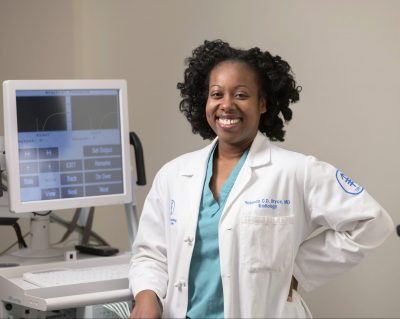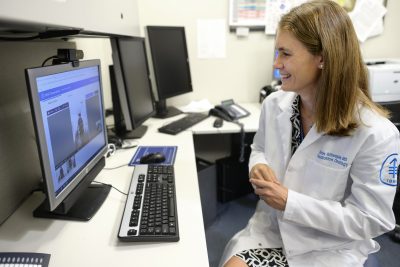
Yolanda Bryce, MD. Photo: Richard DeWitt
In a recent Insider article, MSK’s Dr. Yolanda Bryce discusses the benefits and drawbacks of breast cancer staging.
As Dr. Bryce explains, staging informs treatment plans and helps doctors educate patients about their diagnosis. But the clinical picture for each individual is much more complicated than overall breast cancer stage survival statistics, especially in an era of rapid medical advancement. Dr. Bryce also notes that different cancers progress at different rates.
Read the article to learn more about breast cancer stages, and visit the Library’s Patient and Health Care Consumer Education Guide to find out how the Library can help provide resources to supplement the information from your health care team.

